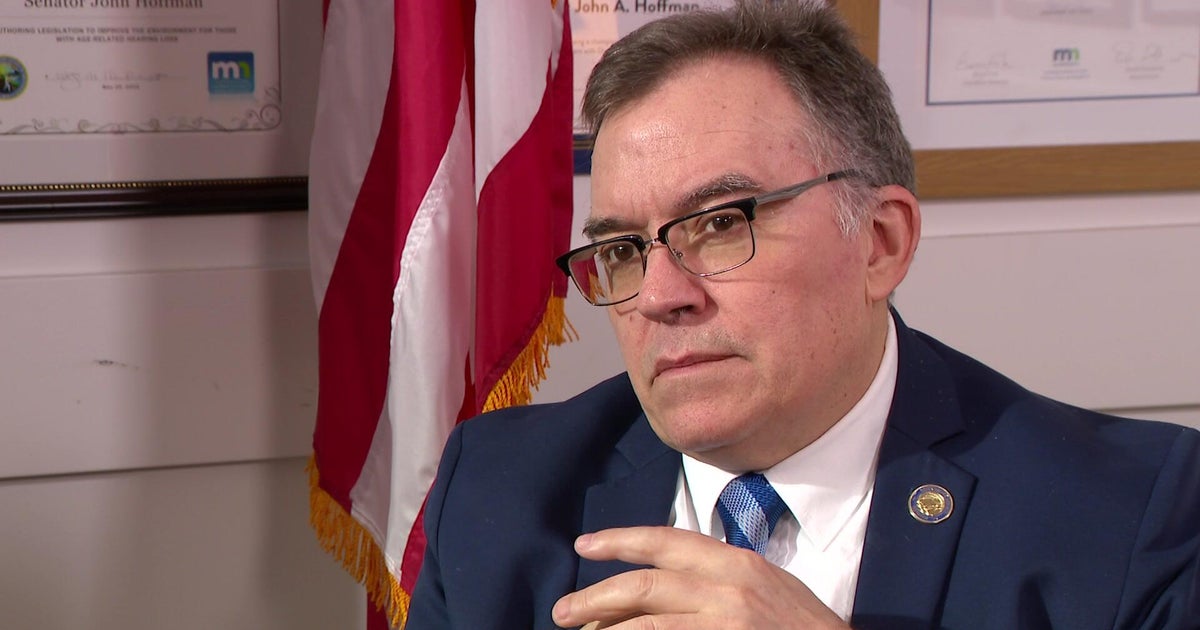2 Minnesota tribal colleges to receive funding to expand STEM programs
WASHINGTON — Two tribal colleges in northern Minnesota are receiving millions in funding to expand their science, technology, engineering and mathematics programs.
On Wednesday, U.S. Sens. Tina Smith and Amy Klobuchar, both Democrats from Minnesota, announced STEM expansion funding for White Earth Tribal and Community College and Red Lake Nation College. The funding comes from the National Science Foundation.
Smith, a member of the Senate Indian Affairs and Education committees, says the demand for STEM-trained employees has soared, which highlights the importance of education in those fields.
"This funding will provide accessible pathways for Native students to pursue higher education and serve their communities — all while integrating Tribal cultural heritage and roots into their curriculum," Smith said.
Both colleges will receive $2.5 million.
White Earth's college will be using the funding to begin offering an associate's degree in natural sciences, with coursework that includes biology, chemistry and physics. Tribal cultural heritage will also be integrated in the curriculum.
Red Lake Nation College will focus on expanding its curriculum in social and behavioral sciences with coursework rooted in the Ojibwe language and culture.
White Earth college releases statement
White Earth Tribal and Community College is proud to announce the receipt of a National Science Foundation ICE-TI: Building Capacity and Pathways to STEM Degree grant for $2.5M. This grant will expand our science lab facilities, increase the number of full-time STEM faculty, and put us on the path to offer an associate in science degree. Allen Derks, WETCC science faculty, was instrumental in getting this grant.
The reservation faces a challenge of unfilled job positions within the STEM field due to a shortage of individuals with the necessary education and training. An opportunity arises to bridge this gap with the recent grant award. This grant will empower students by providing them with the education and training required to pursue careers in STEM disciplines such as natural resources, food sovereignty and security, and healthcare.
"This will be a great addition to expand degree options at White Earth Tribal and Community College. STEM education is an identified need for our community, this will allow our students to gain this knowledge and give back to our community and reservation. Here at WETCC, we embed the Anishinaabe language and culture into the coursework design, so they will receive the knowledge about the White Earth Nation along with the STEM degree, " stated President Sheppard.Through this initiative, graduating students will be equipped with the requisite skills and the opportunity to secure well-paying jobs within their community. By growing a skilled workforce, we are paving the way for a brighter future for generations to come and serving the needs of the community.
Red Lake Nation College's statement
Red Lake Nation College is pleased to announce that we have been awarded a National Science Foundation (NSF) grant of $2.5 million over 5 years. This funding will facilitate an experiential AAS degree program in Social and Behavioral sciences grounded in Red Lake culture and language. It will support the hiring of faculty, student internships, scholarships, and collaborations with Red Lake social services agencies. This is an excellent, practical, and tremendously needed "job readiness" grant. With the great lack of Native representation in this field of social services, Natives need to see and be served by more people who look like them and understand their culture.
This crucial funding will also support the development of a new RLNC Institutional Review Board (IRB) to review proposed research, surveys, interviews, and activities to ensure they are culturally appropriate and respectful. RLNC President, Chief Dan King, said, "We are very excited to work with NSF to expand RLNC academic programming, establish the first IRB in our community, and produce culturally aware graduates trained to fill the many social services positions in our region."







